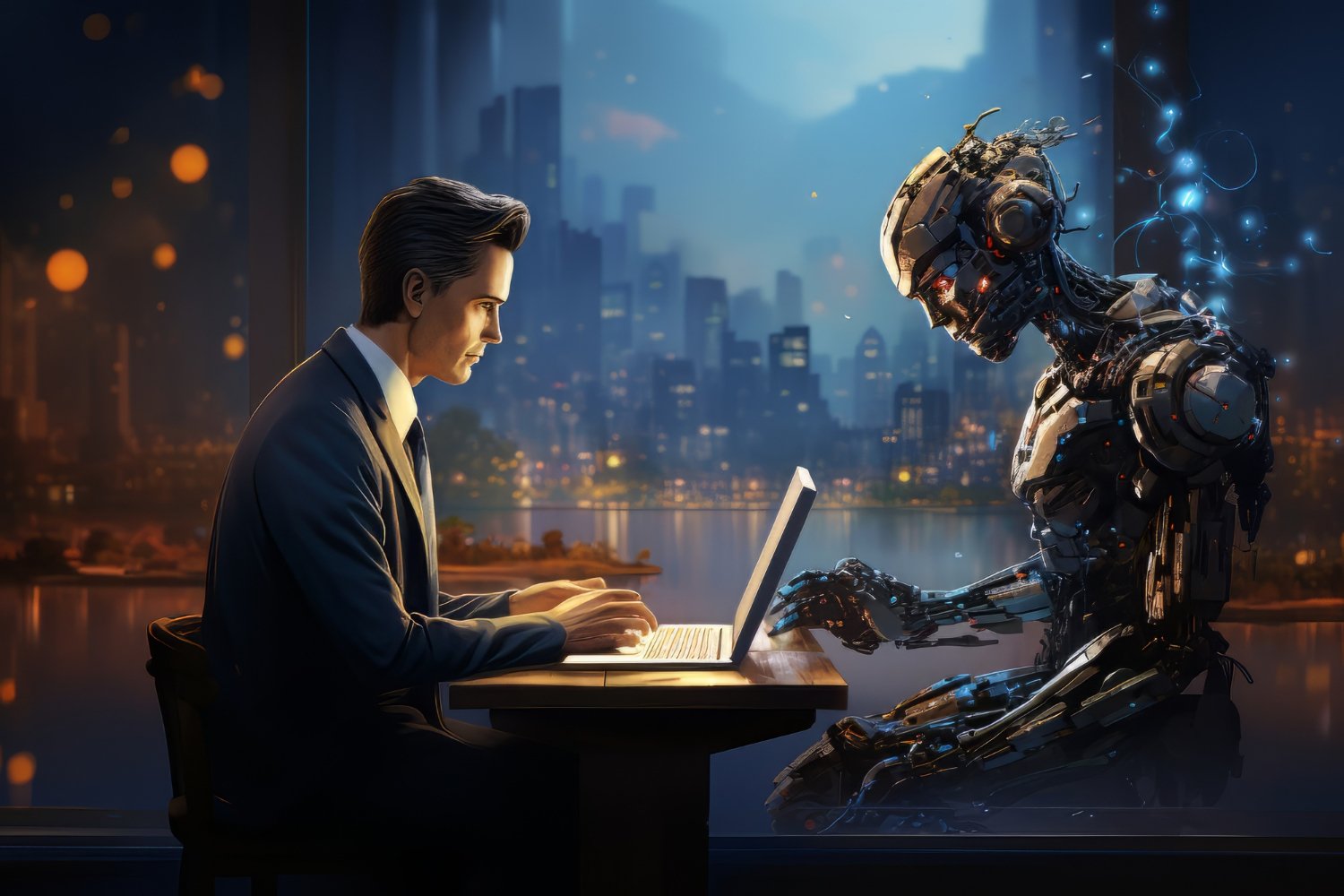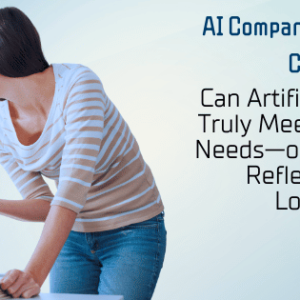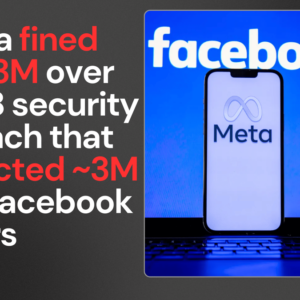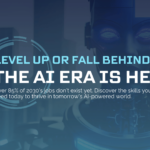Artificial Intelligence (AI) is transforming the way we live and work. From chatbots answering customer queries to robots assembling cars, AI replacing humans is a hot topic. But which industries are most affected? Let’s dive into the top five industries where AI is making a big impact, the jobs being replaced, and the roles that AI cannot take over.
The Top 5 Industries Where AI is Replacing Humans
1. Manufacturing
In manufacturing, robots powered by AI are already performing tasks like assembling products and packaging. These machines work faster and more accurately than humans, which helps companies save time and money. For example, car manufacturers use robots to assemble vehicles on production lines, significantly reducing the need for human assembly line workers.
2. Healthcare
AI is revolutionizing healthcare by helping doctors diagnose diseases faster and more accurately. Tools like IBM Watson can analyze medical records and suggest treatments. However, while AI can assist with tasks like analyzing X-rays, it can’t replace the human touch needed for patient care. Some roles, like radiologists, may see a decline due to AI advancements.
3. Transportation
Self-driving cars are a prime example of AI replacing human drivers. Companies like Waymo are developing autonomous vehicles that can navigate roads without human intervention. This technology poses a threat to taxi drivers and truck drivers as it becomes more reliable and widespread.
4. Customer Service
Chatbots are becoming common in customer service roles. They can handle inquiries 24/7, providing instant responses to customers without needing a human representative. For instance, many companies now use AI chatbots on their websites to answer questions about products or services, which reduces the need for customer service representatives.
5. Finance
In finance, AI tools can analyze market trends and execute trades faster than any human could. This technology is already being used by banks and investment firms to make decisions based on data analysis, potentially replacing roles like financial traders and analysts.
Specific Jobs Already Replaced by AI
As we explore how AI is replacing humans in various industries, here are some specific jobs that have already been impacted:
- Assembly Line Workers: Robots now perform repetitive tasks in factories.
- Telemarketers: Automated calling systems handle sales calls without human involvement.
- Data Entry Clerks: AI can input data much faster than humans.
- Customer Service Representatives: Chatbots manage customer inquiries efficiently.
- Financial Traders: Algorithms analyze data and execute trades automatically.

Industries or Roles AI Cannot Replace
While AI is changing many jobs, some roles require human qualities that machines simply can’t replicate:
- Creative Professions: Artists and designers rely on creativity and emotional understanding that AI lacks.
- Educators: Teachers provide mentorship and emotional support that AI cannot offer.
- Healthcare Professionals: Nurses and doctors need empathy and interpersonal skills to care for patients effectively.
- Leadership Roles: Strategic decision-making requires human insight that goes beyond data analysis.
Real-World Examples of AI Impact
The impact of AI is evident in many real-world scenarios:
- Factories: Companies like Tesla use robots for assembly lines, improving efficiency but reducing the need for human workers.
- Customer Service: Businesses like Ikea have implemented chatbots to manage customer inquiries, significantly cutting down on wait times for customers.
These examples show how businesses leverage technology to enhance productivity while also highlighting the shift in workforce needs.
Ethical Considerations of AI Replacing Humans
The rise of AI also brings ethical questions:
- Job Displacement: As machines take over tasks previously done by humans, many people may lose their jobs without new opportunities arising.
- Bias in Decision-Making: If not carefully monitored, AI systems can perpetuate biases present in their training data, leading to unfair outcomes.
- Privacy Concerns: The use of personal data in training AI raises questions about how that information is used and protected.
Addressing these ethical concerns is crucial as we navigate an increasingly automated world.
Future-Proofing Your Skills
So what can you do to prepare for a future where “AI replacing humans” becomes even more prevalent? Here are some actionable tips:
- Learn New Skills: Focus on developing skills that complement AI technologies, such as data analysis or programming.
- Emphasize Creativity: Engage in creative activities that require human insight—this is an area where machines struggle.
- Build Emotional Intelligence: Work on your interpersonal skills roles requiring empathy will remain in demand.
By adapting your skills now, you can thrive in a world where AI plays an ever-increasing role in our daily lives. In conclusion, while AI is set to replace many jobs across various industries, there are still areas where human skills are irreplaceable. By understanding these changes and preparing accordingly, you can ensure that you remain relevant in the workforce of tomorrow!












